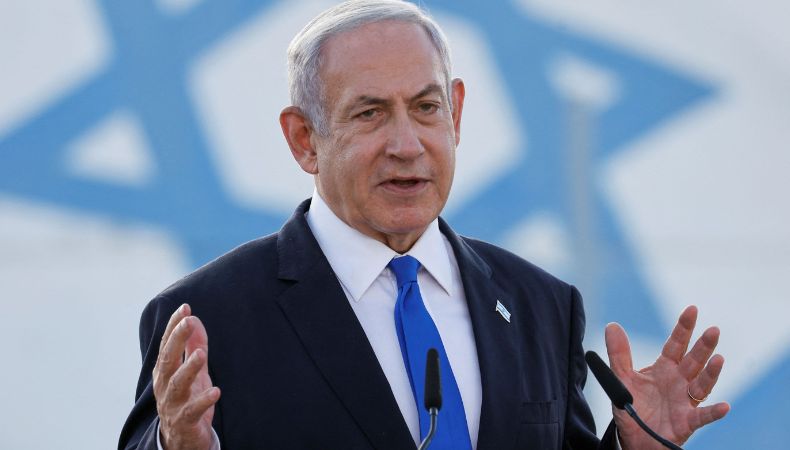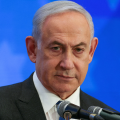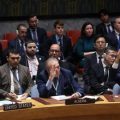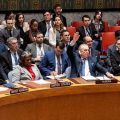Netanyahu informs Republicans that Gaza conflict will persist, post-Schumer’s speech.

Israeli Prime Minister Benjamin Netanyahu’s recent virtual meeting with U.S. Republican senators provided insights into Israel’s ongoing efforts to confront Hamas in the Gaza Strip. The discussions, held amidst a backdrop of political tensions in Washington, shed light on Israel’s stance on security challenges and humanitarian concerns in the region.
Political Dynamics in Washington
In the midst of partisan divides, Netanyahu’s engagement with U.S. senators underscores the intricate interplay between domestic politics in both countries and the geopolitics of the Middle East. With Republicans traditionally aligned with Israel and Democrats navigating nuanced positions on the Israeli-Palestinian conflict, Netanyahu’s virtual address to Republican senators carries significance beyond diplomatic protocol.
Netanyahu’s Reaffirmation of Israeli Policy
During the meeting, Netanyahu reiterated Israel’s commitment to combating Hamas, the Palestinian militant group ruling the Gaza Strip. His reassurance to U.S. senators reflects Israel’s steadfast stance on national security and its determination to address threats posed by Hamas’s aggression towards Israeli territory. Netanyahu’s message aimed to reaffirm Israel’s strategic objectives while seeking support and understanding from key allies in the U.S. Senate.
Discussion on Humanitarian Concerns and Aid Efforts
Amidst the discussions on security challenges, Netanyahu also addressed concerns about civilian casualties and the humanitarian crisis in Gaza. The Israeli leader acknowledged the complexities of the situation, emphasizing the need to balance security imperatives with efforts to alleviate the suffering of civilians caught in the conflict. Netanyahu outlined plans to facilitate the delivery of humanitarian aid to Gaza, including the construction of a temporary pier for aid shipments by sea. This aspect of the conversation highlights Israel’s recognition of the humanitarian dimension of the conflict and its willingness to engage in measures aimed at mitigating human suffering.
Senators’ Response and McConnell’s Position
Following Netanyahu’s presentation, U.S. senators, particularly Republicans, expressed solidarity with Israel and its right to defend itself against threats posed by Hamas. Senate Republican Leader Mitch McConnell reiterated the principle of non-interference in Israel’s domestic affairs, emphasizing that decisions regarding elections and military campaigns are sovereign matters for the Israeli government. McConnell’s statement reflects the broader sentiment among Republicans regarding unwavering support for Israel’s security interests.
Keep Reading
Implications for U.S.-Israel Relations
Netanyahu’s engagement with U.S. senators carries implications for the broader U.S.-Israel relationship and the Biden administration’s approach to Middle East diplomacy. The meeting underscores the importance of maintaining bipartisan support for Israel within the U.S. Congress, despite political differences on specific policy issues. It also highlights the ongoing relevance of Israel as a key strategic ally for the United States in the Middle East, particularly in the context of regional security dynamics and efforts to counter extremist threats.
The virtual meeting between Israeli Prime Minister Benjamin Netanyahu and U.S. Republican senators provides valuable insights into Israel’s ongoing efforts to address security challenges and humanitarian concerns in the Gaza Strip. Against the backdrop of political tensions in Washington, the meeting reaffirms the enduring partnership between the United States and Israel and underscores the complexities of navigating domestic politics and foreign policy in the context of the Israeli-Palestinian conflict. As both countries continue to grapple with evolving regional dynamics, dialogue and cooperation between Israeli and U.S. leaders remain essential for advancing shared interests and promoting stability in the Middle East.











